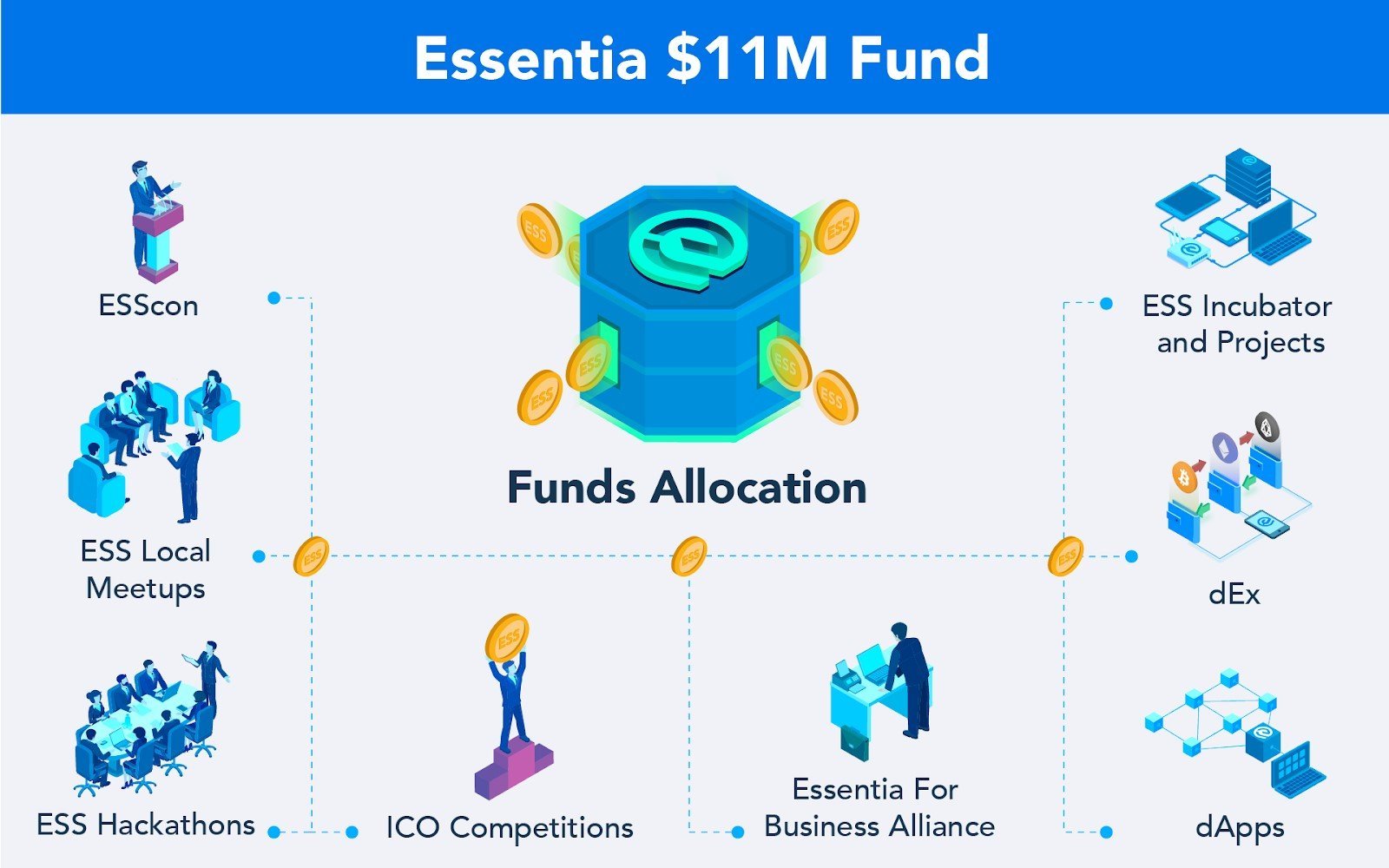2018-8-9 10:40 |
The benefits of the advancement in technology today cuts across almost aspects of our daily lives. Today we are observing the emergence of products and services that could never have been imagined in the pre-technology era.
Today, the world operates as one global village. Owing to new technologies, societies now live interconnectedly with millions of transactions being carried out online across geographical boundaries daily. This however, necessitates the creation of online identities to aid transaction flow.
However, just like every other advancement, as the world leans towards digitalization, there are those who would take advantage of it to perpetuate illicit practices such as exploiting sensitive information of individuals in centralized data stores for personal or corporate gains.
Just in September last year, Equifax Inc. announced a data breach which put over 140 million US residents at risk with their personal information exposed to the hackers. Also, earlier this year, the protection of user information by Facebook was questioned when the Cambridge Analytica scandal came to light. The political firm had gained access to over 50 million Facebook users for election campaign purposes.
Several other online breaches have also been recorded which begs to question the security of user identity online. The centralized frameworks have clearly disappointed the world by their lack of transparency and misuse of individuals’ information. This disappointment is also echoed by the dissatisfaction expressed by millions of internet media platform users.
Digital Identities Via BlockchainBlockchain has been winning mass approval and adoption due to its transparent and immutable nature. Since the advent of Bitcoin, the technology has continually made advances in several sectors, providing disruptive solutions. One of these, is the generation of digital identities.
Digital Identity is one of the most recent developments on the blockchain platform, it gives users control over their own identities. What it implies is, identity created online is stored on the blockchain as opposed to storage on centralized databases. Creating identities on the platform does not just guarantee security but also provides transparency to users. Each party can access and view what is done with the information provided whilst also giving the user a self sovereign identity protocol.
Several blockchain companies like QTUM, NEO, Metaverse have begun implementing this protocol to ensure a proper decentralized identification protocol. However as the framework continues to gain traction, it is imperative that we understand how the framework operates and how they differ across the various platforms already implementing them.
As a mode of identity on the blockchain, all identity layers employ the use of on-chain and public transaction addresses. However, the identity solutions provided by the different platforms vary in terms of the costs required in setting up digital IDs and the implementation with regards to third party decentralized applications. What would necessarily distinguish each platform would be the cost involved, user accessibility and the universal usage of the IDs across various decentralized applications on the blockchain.
A Decentralized Identity Solution Platforms ReviewTaking a closer look at examples of some of the platforms already implementing the decentralized ID framework as mentioned earlier, will give a clearer view as to how the solution varies across platforms.
QTUM for instance, via its third party app IDhub, gives users the opportunity to create identities on the blockchain, which is, in turn, linked to their various public addresses and a token for each one. However, given that the QTUM blockchain requires developers to use mainstream programming languages (i.e. Solidity for Ethereum) in order to create smart contracts for launching their DApps, it would imply that creating a digital ID via IDhub would require creating a smart contract using Solidity which could be a hectic and intense process to go through.
Another, example is THEKEY. Via using the NEO blockchain and smart contracts framework, the project also provides digital assets and identity solution. However, the distinguishing factor with this platform is the difficulty for other projects on the NEO blockchain to interact with THEKEY. In order to create identities using THEKEY, the process is settled using the the native token TKY which does not make it smoothly interactive with other blockchain projects on the platform.
Metaverse on the other hand, is seemingly filling the gaps, eliminating the challenges in creating identities. The project accelerated its technology through Metaverse Supernova, in order to avoid the complexity of developers having to go through hurdles of programming languages and huge costs, adopts a built-in smart contract (BISC) framework.
This makes the process of creating digital IDs much more easier and efficient for users and developers. Metaverse Supernova allows for the creation of Avatars that would digitally represent the user’s identity. The idea behind this is that all projects on the Metaverse blockchain can have their users easily interact as they only need one account i.e. the Avatar they create.
The uniqueness of the Metaverse Supernova platform’s implementation of the digital IDs framework is how it allows users to create reputation and some other added services.
Via the Avatar’s private key uniquely created for the user, other users can verify the user’s Avatar signature which in turns solidifies his/her identity on the blockchain. Other users can also track and verify the Avatar’s activities on the blockchain via transaction records considering the Avatar’s name will already be linked to the public transaction address.
Also, it allows for the incorporation of digital IDs and digital assets. On the Metaverse blockchain, to create a digital asset, the user is mandated to initially create a digital ID (i.e. Avatar) and subsequently the digital asset, which is then linked to the user’s Avatar. Linking assets to identities allows for proper recognition and validation on the blockchain.
Decentralized IDs: Secure Online WorldHaving observed a number of the projects already implementing this solution, it’s becoming obvious that this might just be the solution to the the insecurities faced by users in the centralized setup. Users given the guarantee of control over their identity and information whilst also being able to link them with their online assets on the blockchain thus increasing reputation is a welcome development indeed, which gives hope of a secure online world.
Blockchain projects like Metaverse, which is already pioneering the decentralized ID solution by making the process even much more easier and interoperable, already give reason to believe this is the new future for online identities and yet another win for the blockchain technology.
The post China’s Top Public Blockchain Projects Race for Best Digital Identity Solution appeared first on CoinSpeaker.
origin »Bitcoin price in Telegram @btc_price_every_hour
High Performance Blockchain (HPB) íà Currencies.ru
|
|










